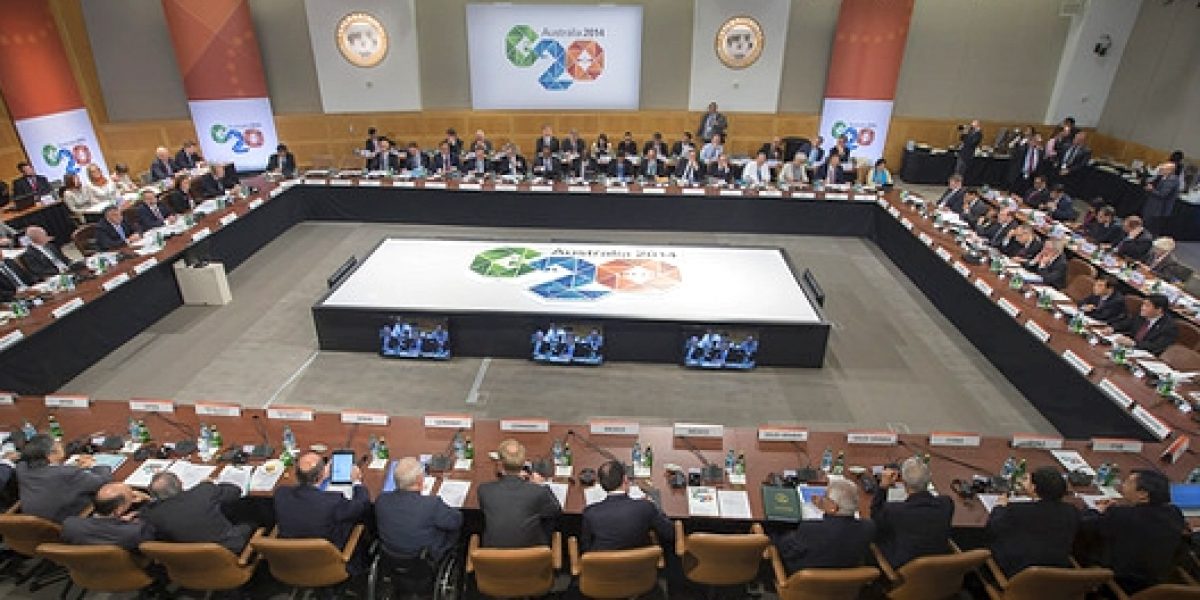It presents the findings of the project in respect of the G-20’s financial regulation and financial development agenda, and its relevance for, responsiveness to, and impact on, Africa. This assessment is accomplished via a qualitative and quantitative review of G-20 output. A review of relevant G-20 declarations and action plans reveal few explicit references to Africa.
However, the documents display a broad concern with developing country interests. Those references largely focus on adapting global financial regulatory efforts to the specific circumstances of developing countries. There are fewer references to efforts to increase the inclusion of those countries in G-20 decision-making processes, and fewer still to other areas of concern such as financial inclusion, or agricultural price volatility. Nevertheless, those concerns are increasingly addressed by the G-20’s efforts to help develop the financial sectors of developing countries, specifically by improving small and medium enterprises and agricultural finance, developing local currency bond markets, and improving financial inclusion. Regulatory efforts by institutions such as the Financial Stability Board and the Basel Committee on Banking Supervision focus on the reduced capacity for regulation of less developed African states and the challenges posed by cross-border regulation.
While the recognition of developing world and African interests is positive, greater participation by African states is needed to ensure that the emerging global regulatory regime recognises their needs and interests. Active participation by individual countries and improved regional co-ordination will allow Africa to present a strong and more unified front in dealing with G-20 financial reform.








